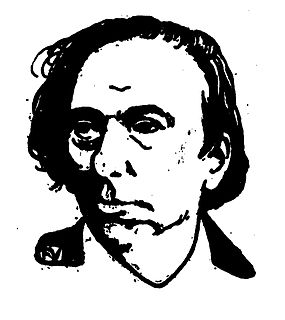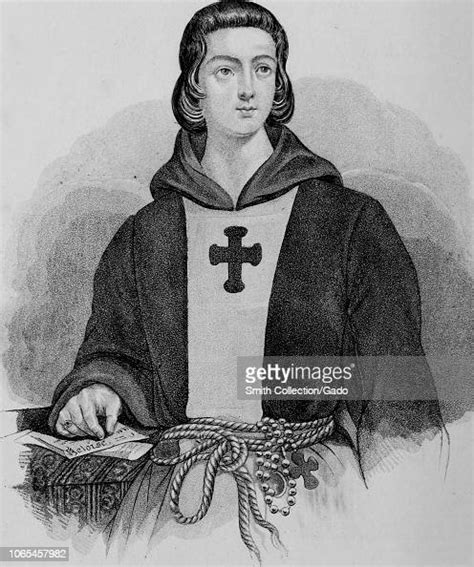A Quote by Robert Boyle
Our Saviour would love at no less rate than death; and from the supereminent height of glory, stooped and debased Himself to the sufferance of the extremest of indignities, and sunk himself to the bottom of abjectness, to exalt our condition to the contrary extreme.
Related Quotes
When we think of the height of God's infinity we should not despair of His compassion reaching us from such a height; and when we recall the infinite depth of our fall through sin we should not refuse to believe that the virtue which has been killed in us will rise again. For God can accomplish both these things: He can come down and illumine our intellect with spiritual knowledge, and He can raise up the virtue within us and exalt it with Himself through works of righteousness.
A penniless man who has no ties to bind him is master of himself at any rate, but a luckless wretch who is in love no longer belongs to himself, and may not take his own life. Love makes us almost sacred in our own eyes; it is the life of another that we revere within us; then and so begins for us the cruelest trouble of all.
How is it that we do not die of love in seeing that God Himself could do no more than shed His divine blood for us drop by drop? When as man He was preparing for death, He made Himself our food in order to give us life. God becomes food, bread for his creatures. Is this not enough to make us die of love?
We all reject out of hand the idea that the love of our life may be something light or weightless; we presume our love is what must be, that without it our life would no longer be the same; we feel that Beethoven himself, gloomy and awe-inspiring, is playing the “Es muss sein!” to our own great love.
If we are made in some degree for others, yet in a greater are we made for ourselves. It were contrary to feeling and indeed ridiculous to suppose that a man had less rights in himself than one of his neighbors, or indeed all of them put together. This would be slavery, and not that liberty which the bill of rights has made inviolable, and for the preservation of which our government has been charged.









































